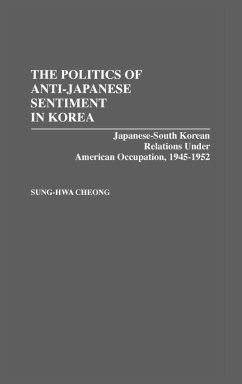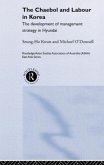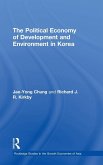Unlike other Asian countries liberated from Japanese rule by the United States, postwar South Korea was occupied by American military forces until 1948. As a result, its postwar history was profoundly influenced by the Cold War. It is often believed that the United States encouraged, but failed to bring about, the normalization of relations between Japan and the Republic of Korea (ROK). How actively did the United States work to resolve outstanding issues between the two countries? How much importance did it attach to the normalization of relations, particularly in the context of the escalation of the Korean war? These and many other important questions are addressed in Sung-hwa Cheong's important new work. Cheong examines the principal disputes between Japan and South Korea from 1945 to 1952. He argues that as an autonomous force popular anti-Japanese sentiment in Korea did not play a major role in preventing normalization of relations between the two nations. Rather, the diplomatic deadlock was caused by the political posturing of President Syngman Rhee, who manipulated popular anti-Japanese feelings in order to stabilize his regime. The book also addresses how such diplomatic issues as the fishery dispute, financial claims, the territorial dispute, and the legal status of Korean residents in Japan emerged as political weapons in Korea to be manipulated by various political groups to their own advantage. Cheong also evaluates the extent to which the United States tried to assist the normalization of relations between Japan and the ROK as part of its own Cold War strategy in the Far East. He examines the American, Japanese, and Korean views toward the San Francisco Peace Treaty and the first conference on normalization. He argues that at this juncture, the Americans were interested in disengagement from Korea rather than in actively forging an anti-Communist alliance between Japan and the ROK. The author concludes that public antagonism toward Japan only became an obstacle to the normalization of diplomatic relations after Rhee deliberately stimulated anti-Japanese sentiment as part of a calculated policy that originated in his own political insecurity. This analysis sheds considerable new light on a shadowy aspect of the history of the Cold War in Asia and is recommended reading for all scholars and students of the postwar Far East.
Hinweis: Dieser Artikel kann nur an eine deutsche Lieferadresse ausgeliefert werden.
Hinweis: Dieser Artikel kann nur an eine deutsche Lieferadresse ausgeliefert werden.








